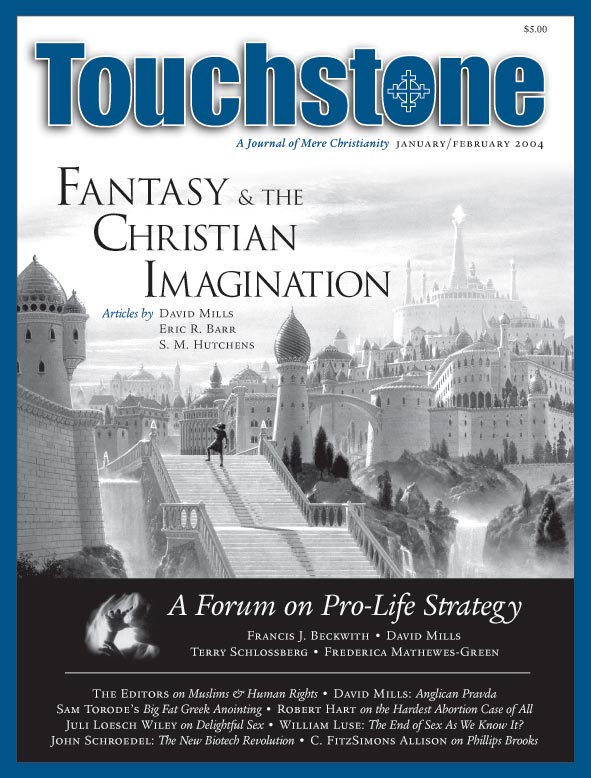The Fall & Rise of David
In its story of David’s double sin, the Bible describes certain theological aspects of all sin, by portraying David’s offense through a series of striking parallels with the earlier account of Adam’s Fall in the Garden.
First, regarding the circumstances and immediate consequences of King David’s infidelity, there are several points of correspondence with the offense of Adam. Thus, both Adam and David were tempted by women, Eve (Genesis 3:6) and Bathsheba (2 Samuel 11:2–4). Likewise, in both cases the two men were abruptly confronted with the gravity of their transgressions: “Have you eaten from the tree . . . ?” (Genesis 3:11) and “You are the man!” (2 Samuel 12:7). Next, the judgment of death was pronounced on the house of each offender (Genesis 3:19; 2 Samuel 12:14). In fact, Adam and David would each be preceded to the grave by a son born of that same woman (Genesis 4:8; 2 Samuel 12:18). That is to say, in both instances the commission of sin led immediately to death (cf. Romans 5:12). On the other hand, in each example, a new son was born as a sign of promise and renewed hope (Genesis 4:25; 2 Samuel 12:24). Thus, in the circumstances of Adam’s and David’s sins, we see a narrative sequence of fall, judgment, curse, and mercy.
Second, with respect to the more extended effects of their transgressions, both Adam and David became the fathers of fratricides, Cain (Genesis 4:8) and Absalom (2 Samuel 13:29). Their fall, that is to say, led to both hatred and murder. Indeed, there is a remarkable similarity between the description of Cain’s murder of Abel and the parabolic portrayal of Absalom’s killing of Amnon. In each instance the murderer rises up and slays his brother in a field (compare Genesis 4:8 and 2 Samuel 14:6). We observe, moreover, that in each case, the murderer himself is initially spared (Genesis 4:15; 2 Samuel 14:11), though a restricting curse still hangs over him (Genesis 4:16; 2 Samuel 14:24). Thus, even though in neither instance is the murderer punished by death, guilt remains as an active element in the story, a source of continuing narrative tension.
THIS ARTICLE ONLY AVAILABLE TO SUBSCRIBERS.
FOR QUICK ACCESS:
Patrick Henry Reardon is pastor emeritus of All Saints Antiochian Orthodox Church in Chicago, Illinois, and the author of numerous books, including, most recently, Out of Step with God: Orthodox Christian Reflections on the Book of Numbers (Ancient Faith Publishing, 2019).
subscription options
Order
Print/Online Subscription

Get six issues (one year) of Touchstone PLUS full online access including pdf downloads for only $39.95. That's only $3.34 per month!
Order
Online Only
Subscription

Get a one-year full-access subscription to the Touchstone online archives for only $19.95. That's only $1.66 per month!
bulk subscriptions
Order Touchstone subscriptions in bulk and save $10 per sub! Each subscription includes 6 issues of Touchstone plus full online access to touchstonemag.com—including archives, videos, and pdf downloads of recent issues for only $29.95 each! Great for churches or study groups.
Transactions will be processed on a secure server.
more from the online archives
calling all readers
Please Donate
"There are magazines worth reading but few worth saving . . . Touchstone is just such a magazine."
—Alice von Hildebrand
"Here we do not concede one square millimeter of territory to falsehood, folly, contemporary sentimentality, or fashion. We speak the truth, and let God be our judge. . . . Touchstone is the one committedly Christian conservative journal."
—Anthony Esolen, Touchstone senior editor









